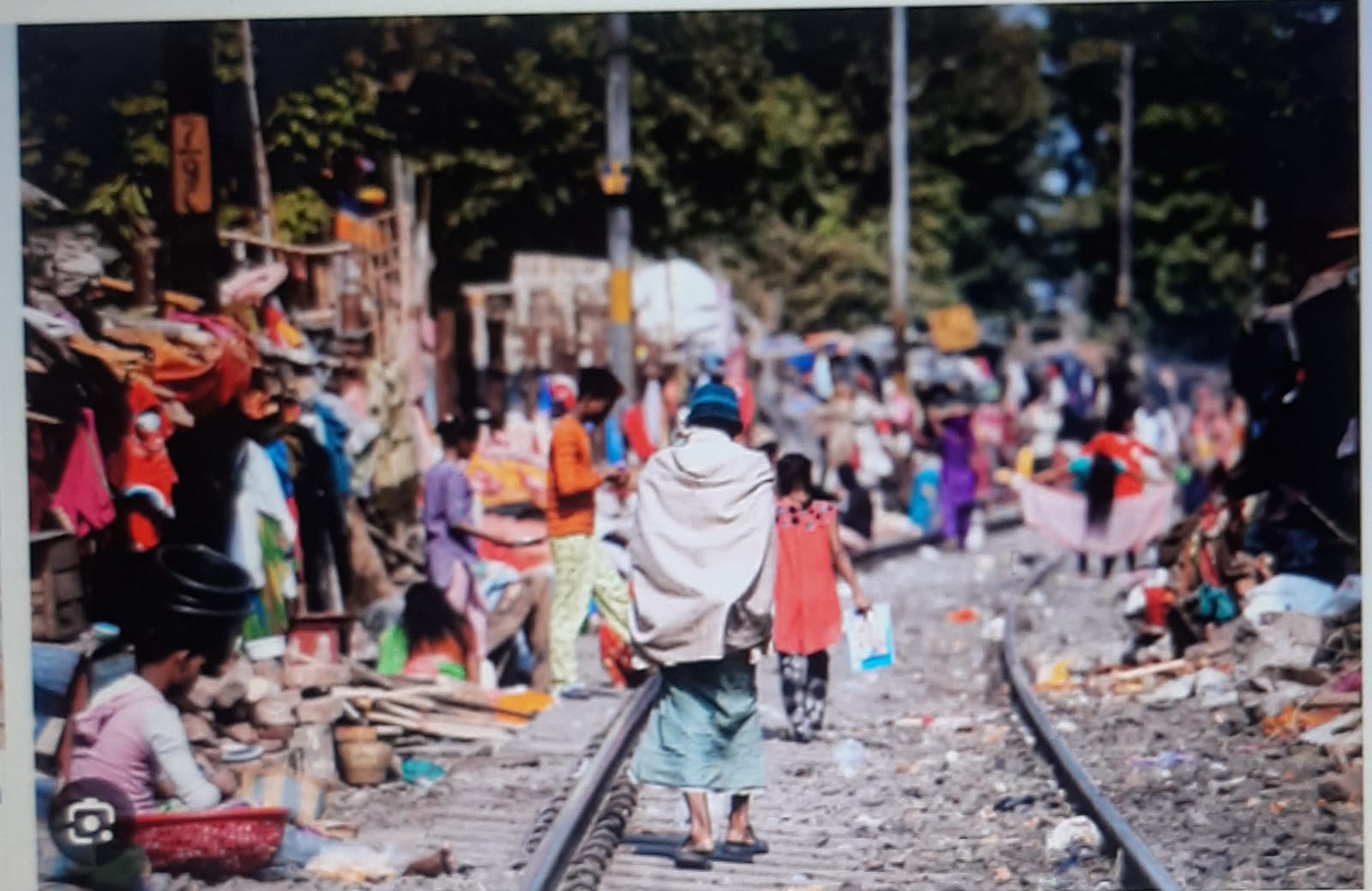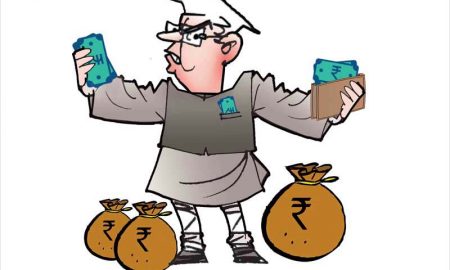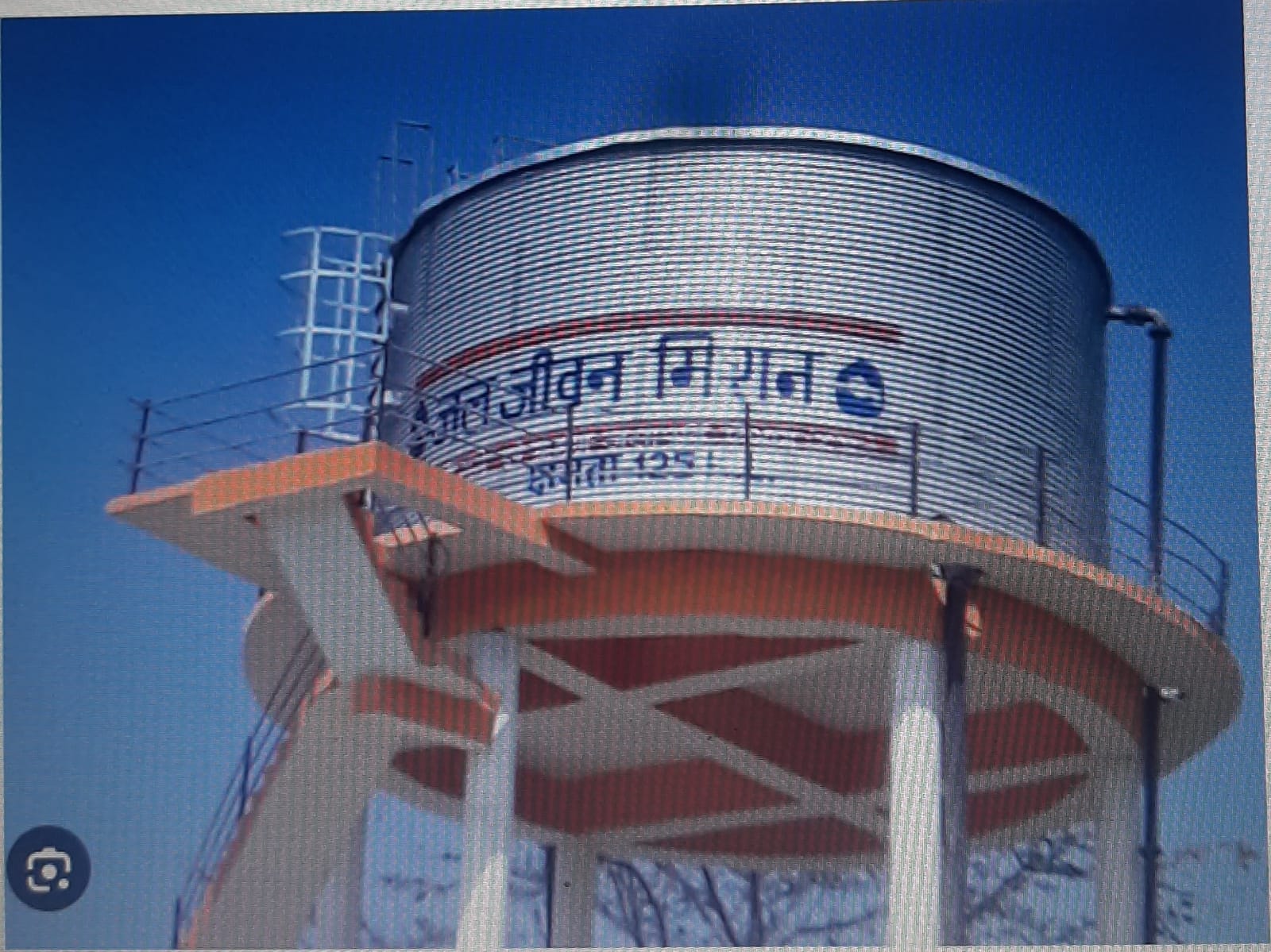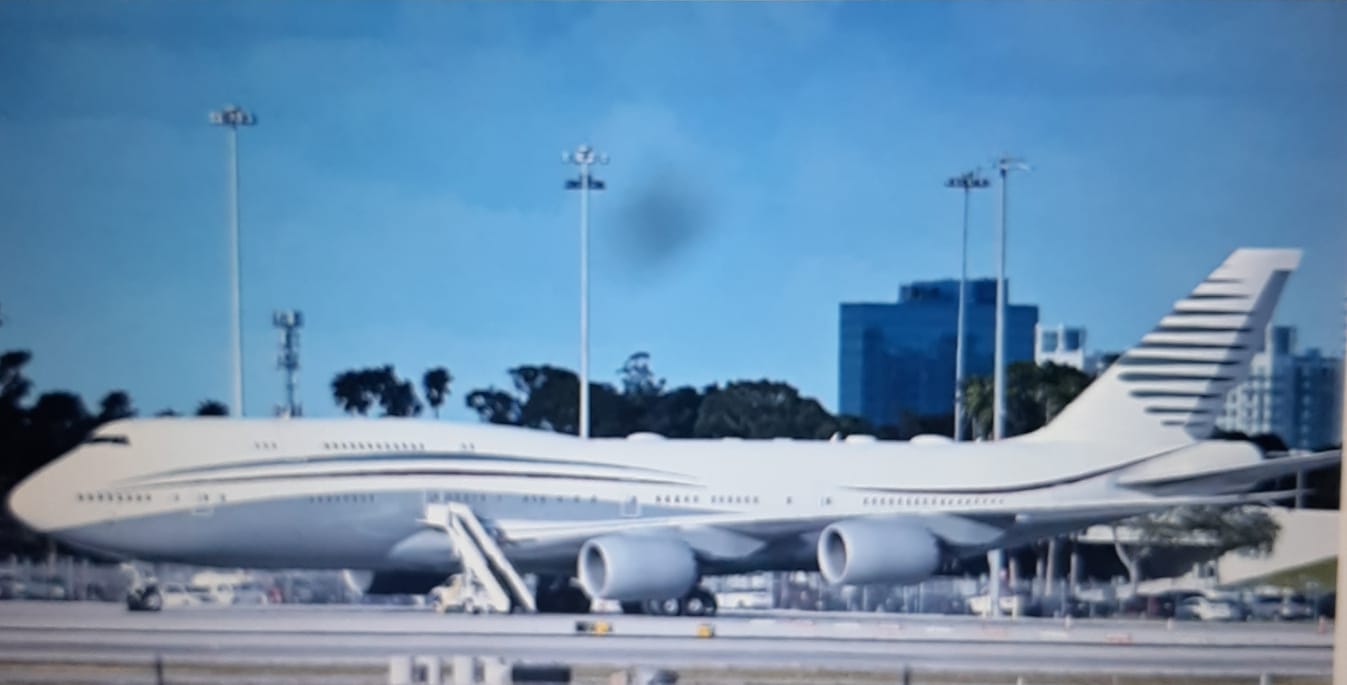
According to a recently published world inequality report inequality in India has skyrocketed since the early 2000s, with the wealth share of the top one per cent of the population rising to 40.1 per cent in 2022-23. The paper titled “Income and Wealth Inequality in India, 1922-2023: The Rise of the Billionaire Raj” states that between 2014-15 and 2022-23, the rise of top-end inequality has been particularly pronounced in terms of wealth concentration, writes former IAS officer V.S.Pandey
In a democratic system of governance like ours, governments are duty bound to cater to the interest and welfare of every section of the population. Ensuring equality of opportunity to every citizen to attain their true potential must remain the primary focus of every popularly elected government. That can become a reality only when citizens are ensured the same equal level of education attainment opportunities and facilities and thereby are readied to contribute to the economic might of their country, to the best of their ability. Then only elimination of poverty, and ensuring social, economic and political justice to every Indian can become a reality .
Unfortunately, even after more than 75 years of independence, these goals have remained elusive. Millions are even struggling today on a daily basis to ensure that they can eke out a wretched existence despite being devoid of the basic elementary necessities of life. Certainly, this is the tragic outcome of the faulty economic policies pursued by successive governments which have remained focused on a few indices like GDP growth rate while ignoring other vitally critical parameters of human development. This lopsided approach has led to the current situation where unemployment and inequality have become increasingly unsustainable.
How greatly the lopsided economic policies of successive federal governments in our country have adversely impacted the lives of our people and their impoverished economic condition has been laid bare by a recently published world inequality report. According to this report, inequality in India has skyrocketed since the early 2000s, with the wealth share of the top one per cent of the population rising to 40.1 per cent in 2022-23. The paper titled “Income and Wealth Inequality in India, 1922-2023: The Rise of the Billionaire Raj” states that between 2014-15 and 2022-23, the rise of top-end inequality has been particularly pronounced in terms of wealth concentration.
The paper authored by the world renowned economist Thomas Piketty (Paris School of Economics and World Inequality Lab), Lucas Chancel (Harvard Kennedy School and World Inequality Lab), and Nitin Kumar Bharti (New York University and World Inequality Lab) concluded in their report that in the year 2022-23 the inequality in India is at its highest historical level and India’s top one per cent income share is among the very highest in the world, higher than even South Africa, Brazil, and the US.”
According to this paper, the Indian income tax system might be regressive when viewed from the lens of net wealth. The World Inequality Lab has emphasised that factors, including a lack of education, have trapped some people in low-paid jobs and depressed the growth of the bottom 50 per cent and middle 40 per cent of Indians.
“A restructuring of the tax code to account for both income and wealth, and broad-based public investments in health, education, and nutrition are needed to enable the average Indian, and not just the elites, to meaningfully benefit from the ongoing wave of globalization,” it noted. As per the paper, besides serving as a tool to fight inequality, a “super tax” of two per cent on the net wealth of the 167 wealthiest families in 2022-23 would yield 0.5 per cent of national income in revenues and create the requisite fiscal space to facilitate such investments.
The paper stated that the top 1 per cent of the population’s income share appears to be among the highest in the world “behind only perhaps Peru, Yemen, and a couple of other small countries”.
The paper pointed out that from 13 per cent in 1922, the top 1 per cent income share increased significantly to over 20 per cent in the inter-war period. While they experienced a dramatic fall after that during the 1940s to 13 per cent by the time India won Independence, the paper said after briefly rising during the 1950s, the top 1 per cent income shares consistently fell over the next two decades and reached 6.1 per cent by 1982. This was likely the consequence of the broadly socialist policy agenda pursued by the Indian government till the 1980s, it noted.
Since the early 1980s, according to the paper, when the Indian government began initiating a broad range of economic reforms, leading up to the liberalization in 1991, the decline in the top 1 per cent income shares halted. From the early 1990s, the paper said the top 1 per cent income shares have consistently increased over the next 30 years to reach an all-time high in 2022.
The stark reality is that since India, which won its Independence in 1947, opened its markets to foreign investment in 1992, its number of billionaires has surged. Data from Forbes billionaire rankings show the number of Indians with net wealth exceeding $1 billion rose from one in 1991 to 162 in 2022. The 10,000 wealthiest individuals own an average of Rs.22.6 billion in wealth—16,763 times the country’s average. These shocking facts declare that the ‘Billionaire Raj’ headed by India’s modern bourgeoisie is now more unequal than the British Raj headed by the British.
The findings of the report should alarm governament. India cannot move forward with such extreme concentration of wealth in only a few hands. This dangerous trend- if not reversed immediately will imperil our democracy. Lopsided economic policies have already caused a burgeoning gap between the haves and have-nots and this will have deleterious consequences for us as a nation. To begin with , we need to come up with progressive taxation policies urgently and ensure that they are strictly complied with and plug the existing loopholes which allow the rich and powerful to evade taxes and defraud the pubic exchequer. The situation is alarming, delays will prove costly. Confucius, the renowned Chinese philosopher resonates in our current scenario, “In a country well governed, poverty is something to be ashamed of. In a country badly governed, wealth is something to be ashamed of.”
(Vijay Shankar Pandey is former Secretary Government of India)









